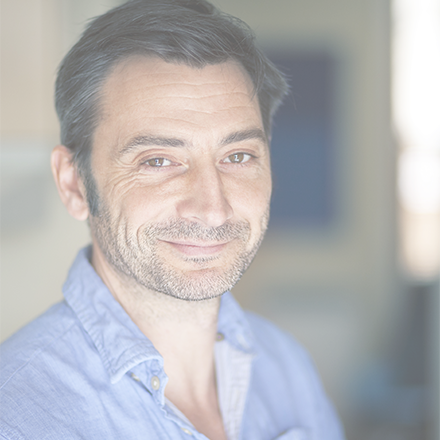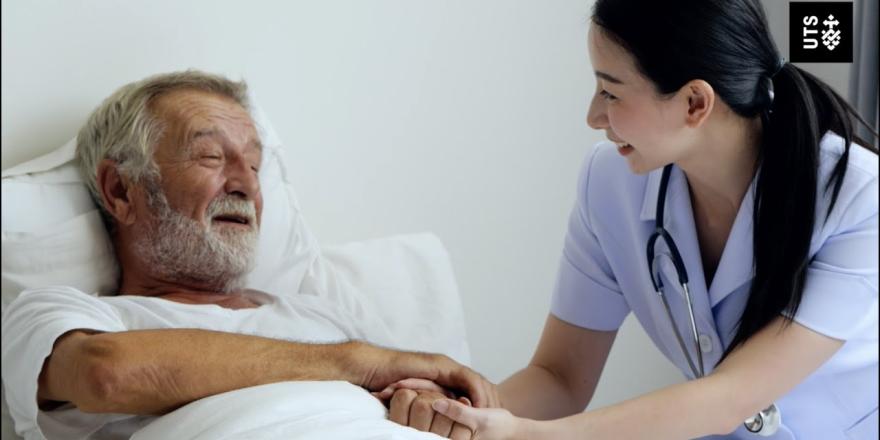-
Dr Caitlin Sheehan: The IMPACCT Rapid Program is a quality improvement program looking at commonly used interventions in palliative care, both pharmacological and non-pharmacological. The Rapid Program is unique because high quality Phase 3 randomised control trials are expensive and difficult to run, particularly across multiple sites and across multiple countries.
Rapid aims to complement this by prospectively evaluating the medicines that we use on a day to day basis so that clinicians can make better decisions at the bedside.
Dr Davinia Seah: The Rapid Program allows us to see what happens to patients in real life. We're not selecting patients based on very specific criteria. These are patients who are receiving treatments based on what clinicians want to do to the patients, how they want to manage them.
Dr Ross Drake: What we hope to achieve by the Rapid Paediatric Program is bringing together services around the world that look after children who are either in palliative care or children who have chronic pain and gather large series in a short space of time to bring much needed information to what we do.
Professor Jane Phillips: The Rapid Program for nursing is really important because nursing is a craft-based discipline that involves both the art but also the science and the Rapid Program gives us an opportunity to build the science around the art of caring.
The Noisy Respiratory Tract Secretion series is our first Rapid nursing series and it's about understanding the impact of the nursing care that nurses will provide people experiencing this symptom. One of the most important points to highlight is that this series was completed in record time and to me that really speaks to both the burden of this symptom, the importance that nurses place on it, and the value of nurses being involved in - and the excitement about being involved in a series such as nursing Rapid.
Dr Davinia Seah: Being part of the Rapid Program has assisted me by providing the support and the infrastructure to the experienced clinicians who are involved in this program. It is a very collaborative experience. I mean, from the beginning right to the end…
Dr Ross Drake: It's real time. It's real life. It gathers information quickly and, by doing that, we can get information to change things quickly.
Professor Jane Phillips: Having those multiple perspectives and really bringing each discipline, bringing their expertise to the table to answer these very challenging but important clinical questions that we end up answering, then to enable us to ask bigger questions and undertake more robust and larger studies.
Dr Caitlin Sheehan: We invite anyone to be a part of our growing global community of practice. So if you're a like-minded clinician, or if you are an early career researcher, or a student who needs to do a project, please head to our website to find out more information about how you can get involved.
-

Rapid Adult Program
-

Rapid Paediatric Program


